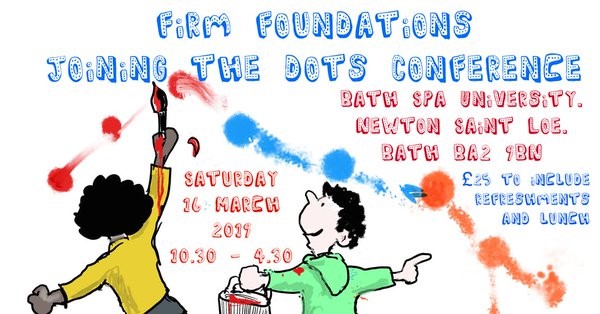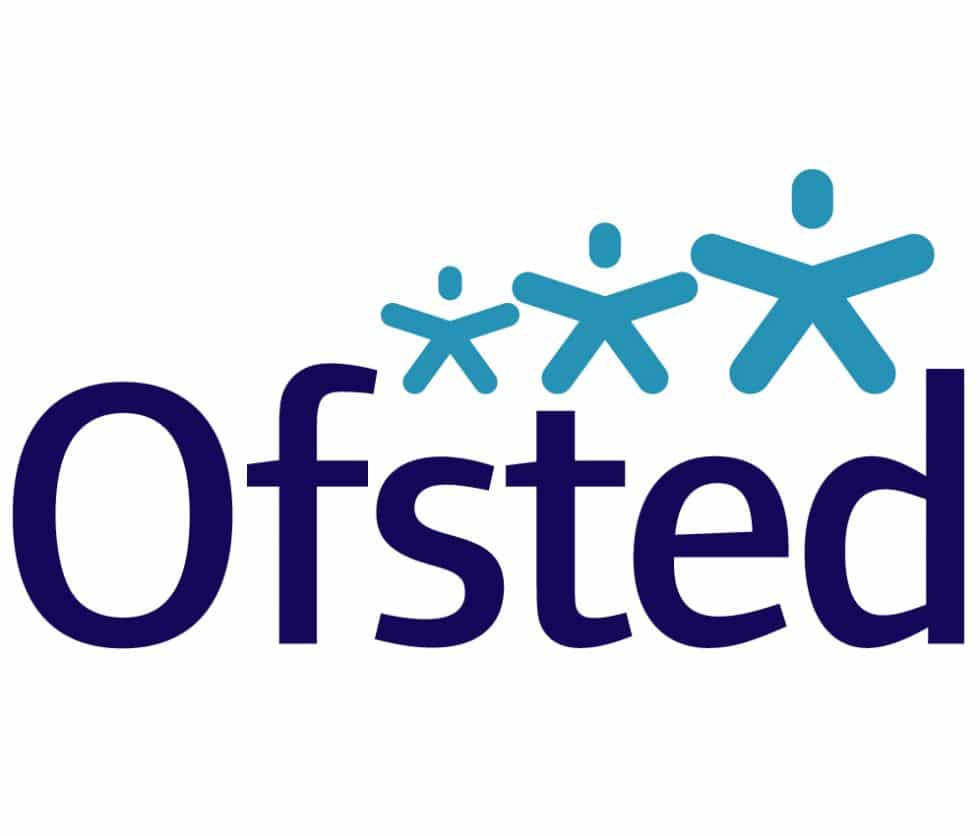I was very pleased to be invited as a guest to the annual 2018 Pre-School Learning Alliance conference. The subject was one that currently keeps me up at night; wellbeing of children and staff.
Neil Leitch, on form as ever, gave a powerful and eloquent speech setting out the issues. Neil, like me, never minces his words, and generally packs a punch. He asked: “how do we look after ourselves so we can look after the children?” Neil was caustic in the complete lack of surveys about stress and wellbeing of Early Years staff. He said there were plenty highlighting the stress of teachers but absolutely none for the sector.
He then presented the findings from the PSLA report Minds Matter. The report recorded the results of a survey conducted online with 2039 respondents from pre-schools (43%), nurseries (27%), childminders (15%) and the rest from primary schools, children’s centres , maintained nursery schools and after school clubs.
The report findings were depressing but unsurprising given the harsh and unkind policy context in which we currently operate. Just think, we have had five Ministers in 6 years and none of them have truly listened to the sector about the structural funding issues which underpins a great deal of the difficulties.
The CEEDA report says the financial shortfall equates to £500m across PVI. This means pay continues to be low for which we have been singled out by the Low Pay Commission. Consider the legislative changes we have had to respond to over past decade, some of which have been neither helpful nor successful. These include: EYFS, EY Single Funding Formula, new Ofsted inspection framework, GCSE A to C Level 3 requirement, amendments to Paediatric First Aid and more recently the new EY National Funding Formula. All of which required us to respond and deliver with no additional resources. It was therefore unsurprising that the most common sources of stress were:
- Admin and paperwork
- Financial resources of the setting
- Workload ( other than admin and paperwork)
- Pay
- (all of which can be addressed by proper Government funding)
And the most common symptoms of stress were:
- Fatigue (60%)
- Loss of motivation (58 %)
- Anxiety (57%)
- Insomnia (53%)
The summary findings are here but I suggest you read the full report Minds Matter
| Number of Respondents |
Issues |
| 25% |
Considering leaving the sector due to stress and mental health difficulties |
| 66% |
Say their personal relationships have been negatively affected by work related stress or mental health issues over past 12 months |
| 62% |
Work outside of paid working hours very often and 19% say they do so quite often. |
| 62% |
Do not think their work life and non work life is balanced |
| 44% |
Felt stressed about work or issues relating to work in the last month very even and 30% quite often |
| 52% |
Have not spoken to anyone about their stress or mental ill health |
While Neil outlined the pressures on staff, Dr. Guy Robert Holmes brought the situation for children into the light. This was in complete contrast to the rather anodyne and pseudo apologetic presentation by Amanda Speilman from Ofsted. She noted that Bold Beginning had “raised a stir”. The audience response was stony. Her defence was unapologetic but couched in a safe rather patronising commentary about the importance of vocabulary, literacy, stories and reading as the linchpin of a good education. Disappointingly, given she could have given a much stronger public message about the more holistic ways children learn and the sweet science of play.
She commented about the number of children arriving at school without the necessary independence skills necessary for Reception Class. I wanted to remind her that maybe the issue was more a reflection of policies which pushed younger and younger children into school. It would have been better for her to support the children and remind the world that the statutory age for starting school is the term in which you turn five not four.
Dr. Guy’s presentation was a real eye opener. His opening gambit was to remind us that not everything that counts can be counted and then he did an analysis of some of the outcomes from the obsession with data collection and measurement. He referred to the tyranny of metrics and described this in terms of gaming and triage, focusing your resources on children where improvements can be made to provide data that showed greater impact. This level of cynical manipulation of data to get more funding and better school reports had also been discussed with a shocked audience at the Firm Foundations conference last month.
He concluded with a warning, that the DfE should listen to carefully. Be vigilant about data. Keep asking why we want it, what it is telling us and for whose benefit is it required. Trust teachers more and be careful that we don’t turn them into technicians.
But not to depress you entirely, let me quote Neil again. Against this backdrop of gloom he told a story about a child and his father. The Dad went fishing with his little son, his diary entry said “Went fishing with David, worst day ever caught nothing”. David had written “Went fishing with Dad, best day ever”. So, remember the point of Neil’s story. Even on those terrible days with staff shortage, crisis and no money, children will go home and remember the fun and the experiences you have provided and for many of them it was the best day ever.
Our job is therefore to continue to advocate for children and keep the purity and integrity of the argument. Children have a right to a proper childhood while they are still children.


